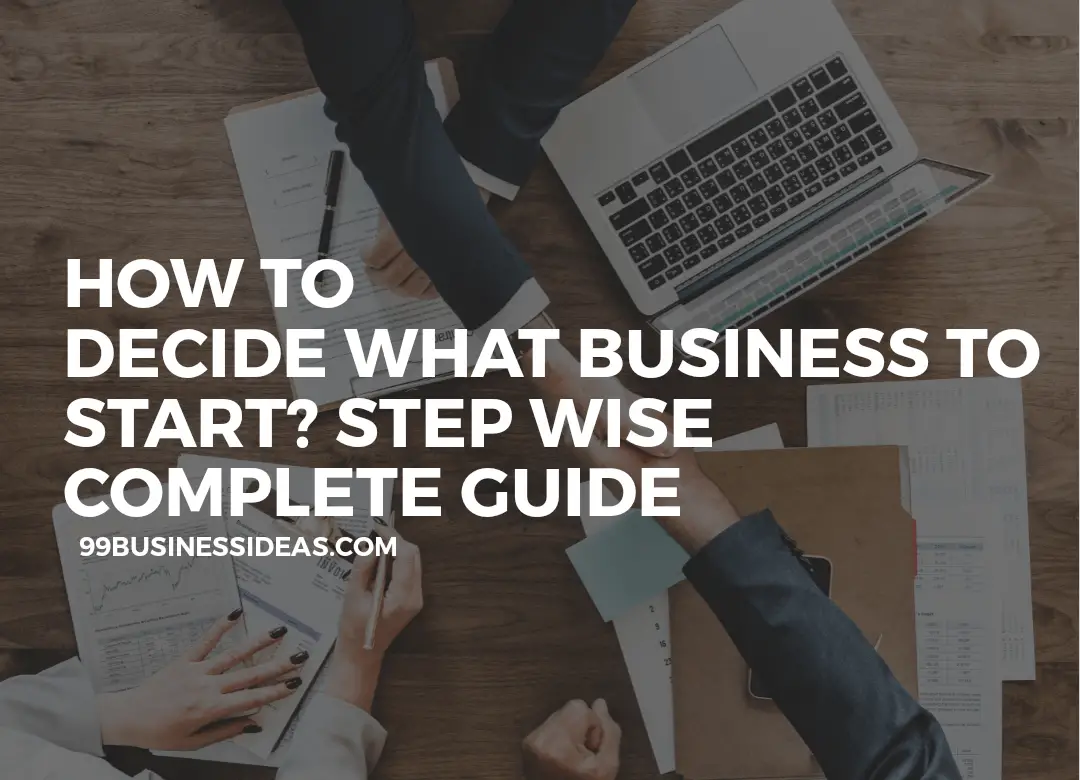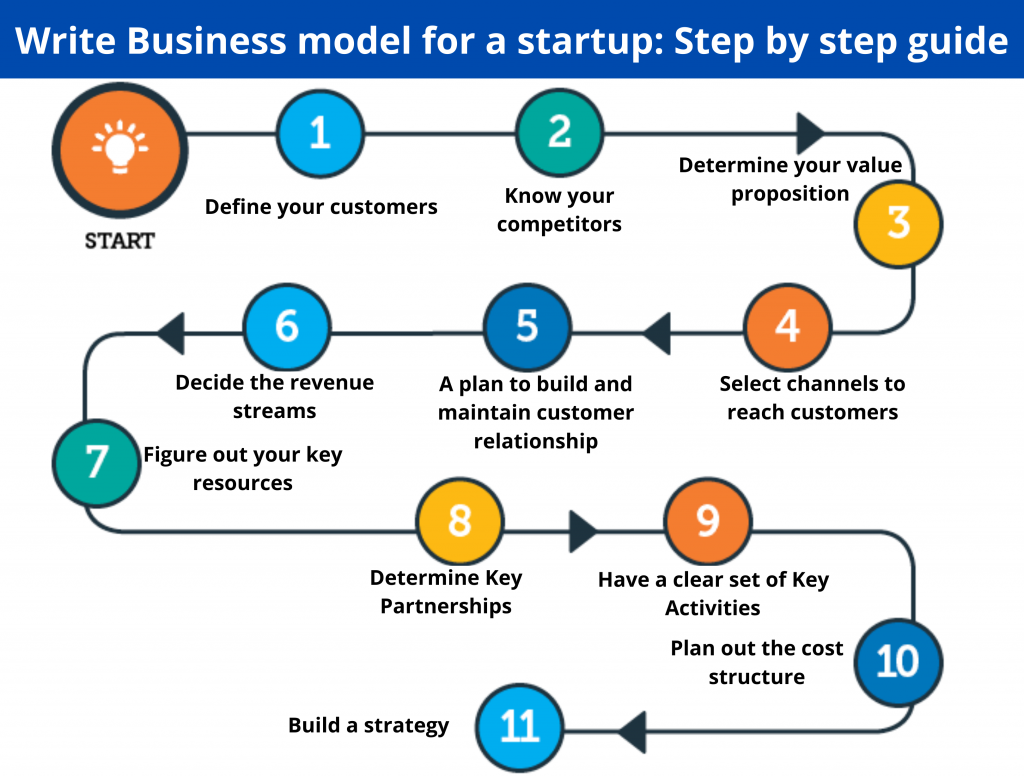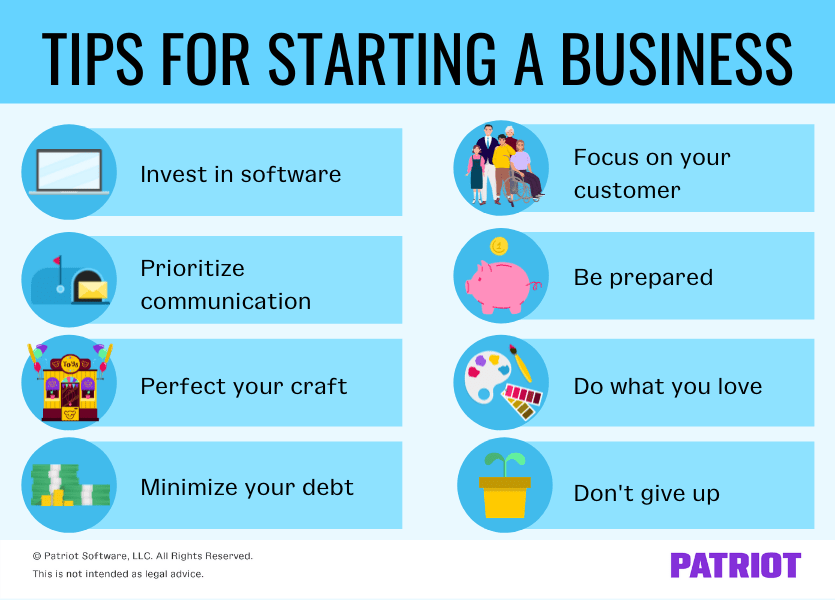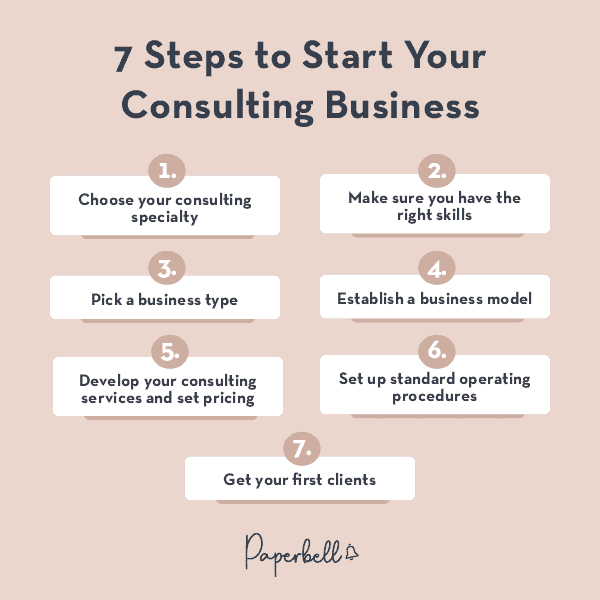How To Decide What Business To Start

The entrepreneurial dream, a beacon of independence and financial freedom, glimmers for many. But transforming that dream into reality often stumbles at the first, crucial hurdle: deciding what business to start. The sheer volume of possibilities, coupled with the fear of failure, can paralyze aspiring entrepreneurs before they even begin.
This article navigates the complex terrain of business ideation. It offers a structured approach to identifying viable business opportunities. We will explore self-assessment, market research, and validation techniques. These techniques will empower readers to make informed decisions and increase their chances of entrepreneurial success.
Self-Assessment: Know Thyself
The foundation of any successful business venture lies in understanding yourself. What are your passions, skills, and resources? These questions are paramount before diving into market analysis.
Identifying Passions and Skills
Passion fuels the long hours and challenges inherent in entrepreneurship. Consider activities you genuinely enjoy and lose track of time doing. Reflect on your skill set; what are you naturally good at, and what expertise have you cultivated over time?
A Venn diagram can be a useful tool. List passions in one circle, skills in another, and potential market needs in a third. The intersection of these circles represents fertile ground for business ideas.
Evaluating Resources and Risk Tolerance
Assess your available resources: financial capital, time commitment, and network. Be honest about your risk tolerance. Are you comfortable bootstrapping or seeking external funding? Understanding these limitations will help narrow down potential ventures.
Consider the advice of Barbara Corcoran, real estate mogul and investor on Shark Tank, who often emphasizes the importance of resourcefulness and grit over abundant capital in the early stages of a business.
Market Research: Identifying Opportunities
Once you have a firm grasp of your own capabilities, it's time to turn your attention outward. Market research is critical to identify unmet needs and potential business opportunities.
Analyzing Industry Trends and Gaps
Explore industry reports, trade publications, and online forums to identify emerging trends. Are there any gaps in the market that you could fill? Are existing businesses failing to meet customer needs?
Tools like Google Trends and reports from organizations like the Small Business Administration (SBA) provide valuable insights into market demand and competitive landscapes.
Understanding Your Target Audience
Define your ideal customer. What are their demographics, psychographics, and buying behaviors? Use surveys, interviews, and focus groups to gather firsthand information. This deep understanding will inform your product or service offering and marketing strategy.
Michael Porter's Five Forces model is a valuable framework for analyzing the competitive intensity and attractiveness of an industry.
Idea Validation: Testing the Waters
Generating a business idea is only the first step. Rigorous validation is crucial to determine whether it has the potential for success.
Creating a Minimum Viable Product (MVP)
Develop a basic version of your product or service with just enough features to attract early adopters. This allows you to test your core value proposition with minimal investment. Gather feedback from these early users and iterate based on their input.
The MVP approach, popularized by Eric Ries in The Lean Startup, emphasizes learning and adaptation throughout the development process.
Testing Marketing and Sales Strategies
Experiment with different marketing channels and sales strategies to see what resonates with your target audience. Use A/B testing to optimize your messaging and identify the most effective ways to acquire customers.
Don't be afraid to pivot if your initial assumptions prove incorrect. Adaptability is essential for navigating the dynamic business environment.
Conclusion: Embracing the Journey
Choosing the right business to start is a challenging but rewarding process. It requires a blend of self-awareness, market knowledge, and a willingness to experiment. Embrace the journey, learn from your mistakes, and never stop iterating. The entrepreneurial path is rarely linear, but with careful planning and execution, your dream can become a reality.
Remember that failure is not the opposite of success; it's a stepping stone. As Thomas Edison famously said, "I have not failed. I've just found 10,000 ways that won't work." Keep learning, keep adapting, and keep pursuing your entrepreneurial vision.
:max_bytes(150000):strip_icc()/starting-own-business-1200678-Final-edit-050e3ef116174733a310b081c943fb37.jpg)









![How To Decide What Business To Start How to Start a Small Business in 13 Steps [2024 Guide] - Step By Step](https://stepbystepbusiness.com/wp-content/uploads/2022/01/How-to-Start-a-Business_Challenges-1.jpg)




![How To Decide What Business To Start How To Choose What Business To Start [ In 6 Simple Steps] - Hustler's](http://54.71.222.34/wp-content/uploads/2022/12/GOVERNMENT-CONTRACTING-9.png)


